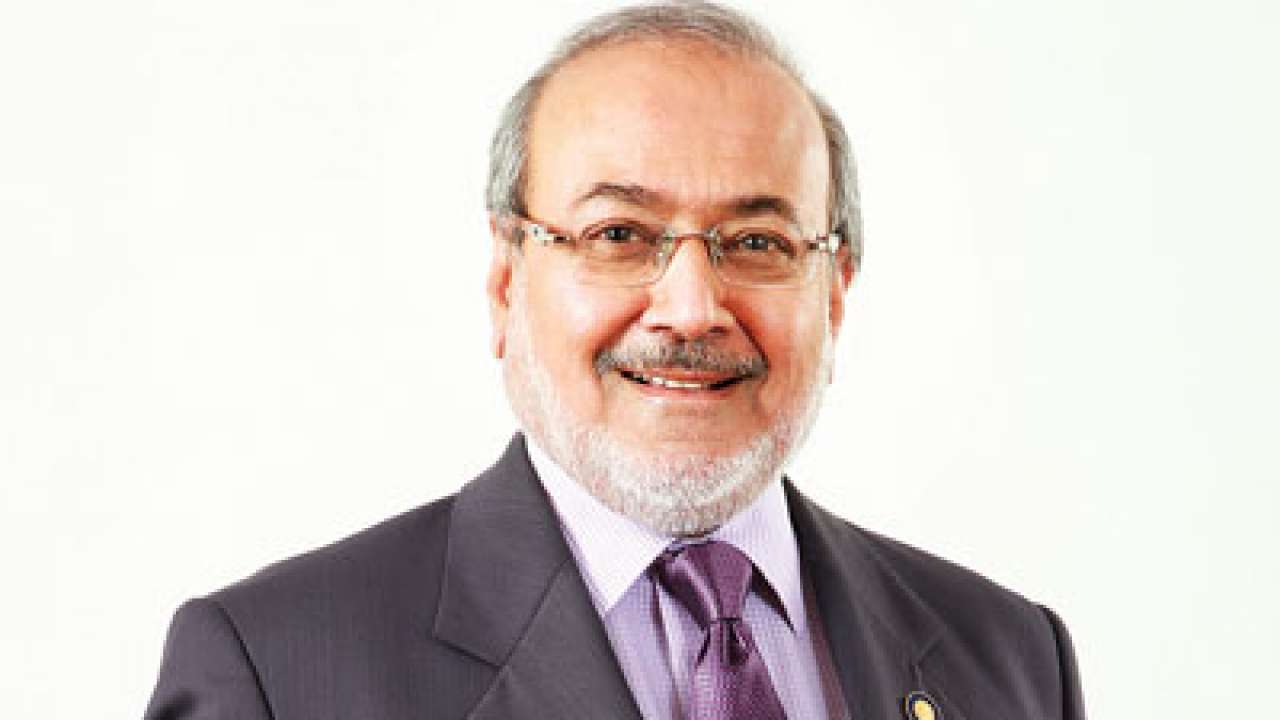
What is your expectation for the pharmaceutical sector from the new government at the Centre?
Khorakiwala: At the outset, I would congratulate Narendra Modi. There is a lot of expectation from him. He can bring the fundamental changes. In the last 10-12 years, pharma industry has become a global industry. Around 20% of prescription drugs in the US are made in India.
In R&D, India can become the fourth hub after the US, Europe and Japan. We have both the talent and capabilities. However, the present environment in clinical trials do not promote researches. Even at Wockhardt, clinical trials were done outside India. This issue needs a major change.
Other countries have provided incentives for research-based projects. There is also incentives in India but the minimum alternate tax (MAT) neutralises the incentives. UK has come up with an interesting policy for manufacturing and research. If research work leads to patents, and if products are manufactured out of these researches, the companies will get a tax concession where their tax component will come down to 10% from 25-30%. This is a double advantage as it will promote manufacturing along with research and innovation.
What changes would you suggest for clinical trials in India?
Khorakiwala: In case of clinical trials, there are committees formed to make things simple. You need to have a science-based approach instead of an administrative approach that we have now. In most countries, like the US and the UK, if you want to conduct clinical trials, you've to make an application, and if the FDA has a comment on it, it will tell you and you can go ahead. They also have a system where you have a meeting with them in advance. They will tell you what is acceptable to them, what modifications they want, what changes they want and they will give minutes of all these discussions. Then you just go and do it.
Here it is not like that. You apply for it, they take their odd time and suddenly, they might suggest some changes. And it goes on in circles. Again if there are global clinical trials that you are doing in the US, Europe and India, you have the protocol which has been approved by everybody. So then they should go by the rules of 30 days because you have the same protocol and same procedure to do it. So we should move to science-based versus an administrative approach.
There was nothing in the interim Budget this year for the pharma sector. Any demands for the sector in the forthcoming Budget?
Khorakiwala: I don't know what the Budget has to offer anything in the short term. There should be something for research. For example why would you have a MAT when you get R&D credits. This is not just for pharmaceutical industry but across all industries. We are a knowledge-economy and India has the advantage to be globally competitive. Even in manufacturing, you need research and innovation because only then one can be globally competitive. This should be encouraged. Now Britain has gone down to 10% in income tax because they wanted to encourage both manufacturing and research. Their approach is not of losing tax from 25-30% to 10%, in fact they are looking at bringing new manufacturing, providing more jobs, providing innovation here.
Do you feel the government should promote and support R&D in the pharma sector?
Khorakiwala: There should be more reforms in the R&D sector, which will be good for those involved with research-related works. At present, a lot of Indians are employed with the research-based organisations in the US. Out of every four research scientists in the US, one is an Indian. So a reverse brain drain can be possible and that will be an advantage for the country.
What is your outlook on patent lobbying by pharma giants in the international market?
Khorakiwala: This is a contentious issue. India is completely complying with the multi-lateral agreement it has with Trips. The patents should be redeemed in India by pharma companies in tune with the US and Europe. I think Indian government should stay firm on the patent act which we have agreed. Also healthcare reform is required. Private sector should be given more support in terms of land and taxation so that there could be more investments in the healthcare.
The US FDA has started workshops in India. How does it help?
Khorakiwala: If FDA gives training or orientation, it is trying to say what are the laws and making a clarity about the laws. So it will be generally helpful. What FDA is doing is to meet their purpose because they want Indian products to be in the US market because it helps competition. It reduces the cost of healthcare in the US and therefore, Indian companies are gaining market share in the US. It is not that only Indian companies want to be in the US, the US equally wants the Indian companies to be there to improve competitiveness in America.